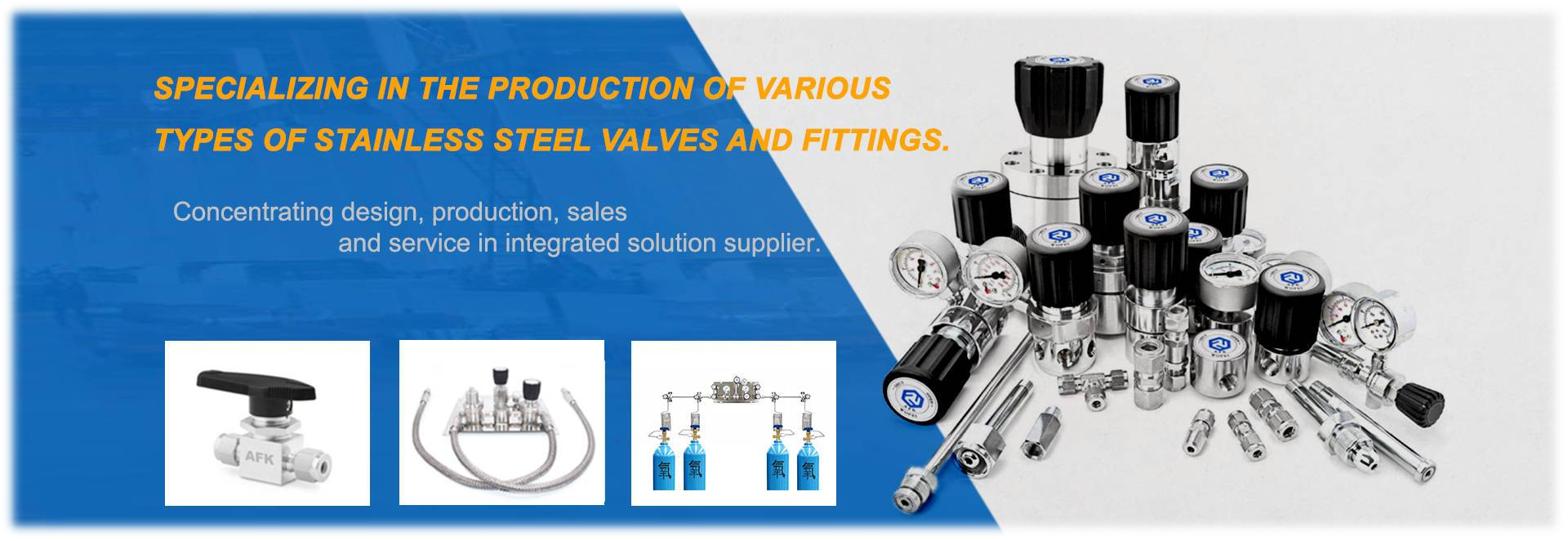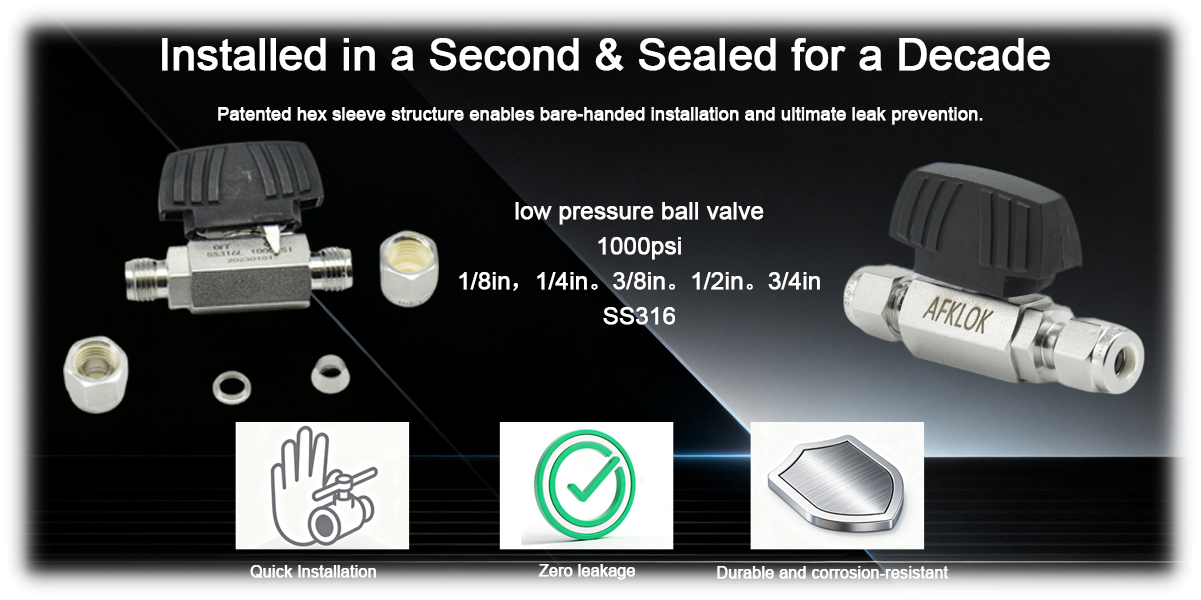A valve is a mechanical device designed to control the flow within a pipeline by starting or stopping, regulating (throttling), directing, or preventing backflow of the fluid, thereby ensuring system safety and pressure stability.
Choosing the right valve is critical for safety, efficiency, and cost.For non-professionals, the first step to understanding the valve industry is to recognize that valves are key components for starting, stopping, and directing fluid flow.
Key Selection Parameters:
Media: What fluid (gas, liquid, steam, corrosive chemical) flows through the valve? This dictates material compatibility.
Pressure & Temperature: Select a valve rated for your system’s maximum pressure and temperature.
Function: Do you need to start/stop flow (isolation), regulate flow rate (control), or prevent backflow (check valve)?
Connection Type: How will it connect to your pipeline? Common types are threaded, flanged, and welded.
Material: Brass, stainless steel, or special alloys? The material must resist corrosion from the media.
Size: Determined by the pipe diameter (e.g., 1/2 inch) and required flow capacity.
Quick Start for High-Purity Gas Valves:
High-purity systems (e.g., in semiconductors, pharmaceuticals) demand extreme cleanliness and integrity. Standard valves are unsuitable.
Core Concept: Prevent contamination. Even microscopic particles or slight leakage can ruin a process.
Key Focus Areas:
Material & Finish: Valves are typically 316L Stainless Steel with a smooth, electro-polished internal surface to minimize particle adhesion and outgassing.
Sealing: Use ultra-clean seals like PTFE (Teflon) or metal diaphragms. Elastomers (rubbers) that can shed particles or leak are avoided.
Leak Rate: Extremely low leakage rates, both into the atmosphere and across the seat, are mandatory. Look for “helium leak-tight” specifications.
Design: Diaphragm valves or bellows-sealed valves are standard. Their design isolates the mechanism from the flow path, preventing contamination from internal particles or lubricants.
For high-purity gases, prioritize internal cleanliness, leak-tightness, and specialized materials above all else. Consulting with a technical specialist is highly recommended for these critical systems.
Post time: Nov-14-2025

